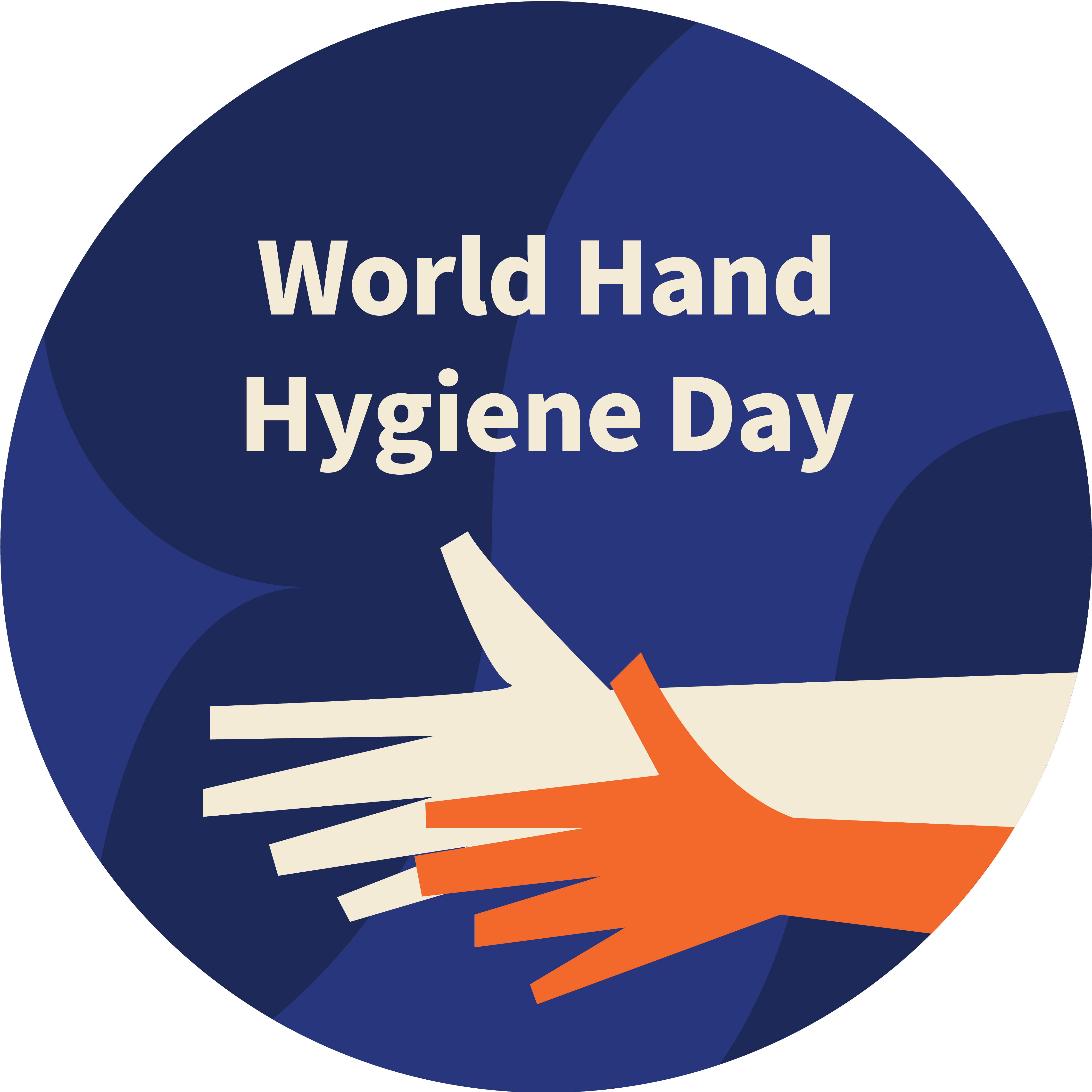Stakeholders’ perceptions about a surgical site infection master training plan for a low-middle income country
DOI:
https://doi.org/10.3396/ijic.v19.23230Keywords:
training programs, task-based learning, interprofessional training, surgical site infection, prevention, low- and middle-income countries, PakistanAbstract
Background: Training is a critical component for improving the practice of surgical site infections (SSI). We have designed a master training plan characterized by a task-based, interprofessional and reflective approach consisting of initial training of employees and subsequent refresher training. It aims to improve the practice of SSI in hospitals. The research question was: How do policymakers, teachers and managers/leaders of health care institutions perceive the outline of a master training plan for SSI?
Methods: Semi-structured interviews were conducted with a purposive sample of 28 stakeholders from three categories.
Results: Four key themes emerged from the interviews: 1) Discussion of authentic tasks fosters the transfer of knowledge to the workplace; 2) interprofessional reflective learning comes with challenges; 3) the master training plan help to change behavior, and 4) it is feasible with limited resources. However, the stakeholders pointed that interprofessional training creates friction among health care professionals (HCPs) who work together and participate in the interprofessional training sessions. To disseminate the training across healthcare facilities, stakeholders suggested developing a train-the-trainer plan. Furthermore, stakeholders suggested making HCPs accountable for actual behavior changes in the workplace.
Conclusion: The stakeholders agreed with the approach that the master plan is based on. Implementing this master training plan was expected to encourage knowledge and skills to practice. Participants indicated that arranging training might be feasible in different institutions and it should be part of undergraduate, postgraduate, and continuing medical education. The stakeholders perceived the outline of the master training plan to be well-suited for implementation in low- and middle-income countries (LMICs).
Downloads
References
Rojas-Gutierrez E, Vilar-Compte D. An overview of surgical site infection in low-and middle-income countries: the role of recent guidelines, limitations, and possible solutions. Curr Treat Options Infect Dis 2019; 11(3): 300–16. doi: 10.1007/s40506-019-00198-1
World Health Organization. Protocol for surgical site infection surveillance with a focus on settings with limited resources. License: CC BY-NC-SA 3.0 IGO. Geneva: World Health Organization; 2018.
Bhangu A, Ademuyiwa AO, Aguilera ML, Alexander P, Al-Saqqa SW, Borda-Luque G, et al. Surgical site infection after gastrointestinal surgery in high-income, middle-income, and low-income countries: a prospective, international, multicentre cohort study. Lancet Infect Dis 2018; 18(5): 516–25. doi: 10.1016/S1473-3099(18)30101-4
Troughton R, Mariano V, Campbell A, Hettiaratchy S, Holmes A, Birgand G. Understanding determinants of infection control practices in surgery: the role of shared ownership and team hierarchy. Antimicrob Resist Infect Control 2019; 8(1): 116. doi: 10.1186/s13756-019-0565-8
World Health Organization. Improving infection prevention and control at the health facility: interim practical manual supporting implementation of the WHO Guidelines on Core Components of Infection Prevention and Control Programmes (No. WHO/HIS/SDS/2018.10). Geneva: World Health Organization; 2018.
World Health Organization. Minimum requirements for infection prevention and control programs. Geneva: World Health Organization; 2019. Available from: https://www.who.int/publications/i/item/9789241516945 [cited 1 January 2021].
Storr J, Twyman A, Zingg W, Damani N, Kilpatrick C, Reilly J, et al. Core components for effective infection prevention and control programmes: new WHO evidence-based recommendations. Antimicrob Resist Infect Control 2017; 6(1): 1–8. doi: 10.1186/s13756-016-0149-9
Vandewaetere M, Manhaeve D, Aertgeerts B, Clarebout G, Van Merriënboer JJ, Roex A. 4C/ID in medical education: how to design an educational program based on whole-task learning: AMEE Guide No. 93. Med Teach 2015; 37(1): 4–20. doi: 10.3109/0142159X.2014.928407
van Diggele C, Roberts C, Burgess A, Mellis C. Interprofessional education: tips for design and implementation. BMC Med Educ 2020; 20(2): 1–6. doi: 10.1186/s12909-020-02286-z
Coleman AJ, Finn GM, Nattress BR. Interprofessional education in dentistry. Br Dent J 2018; 225(3): 257–62. doi: 10.1038/sj.bdj.2018.547
Fragkos KC. Reflective practice in healthcare education: an umbrella review. Educ Sci 2016; 6(3): 27. doi: 10.3390/educsci6030027
Khan MN, Verstegen DM, Islam S, Dolmans DH, van Mook WN. Task-based training to prevent surgical site infection: A formative evaluation. Infection Prevention in Practice. 2022; 4(4): 100235.
Khan MNA, Verstegen DML, Shahid A, Dolmans DHJM, van Mook WN. The impact of interprofessional task-based training on the prevention of surgical site infection in a low-income country. BMC Med Educ 2021; 21: 607. doi: 10.1186/s12909-021-03046-3
Hegarty J, Murphy S, Creedon S, et al. Leadership perspective on the implementation of guidelines on healthcare-associated infections. BMJ Leader 2019; 3(2): 43–51. doi: 10.1136/leader-2018-000111
Javad A. The crisis of health professions education in Pakistan. MedEdPublish 2019; 8: 27. doi: 10.15694/mep.2019.000027.1
Steel A, Silson EH, Stagg CJ, Baker CI. The impact of reward and punishment on skill learning depends on task demands. Sci Rep 2016; 6(1): 1–9. doi: 10.1038/srep36056
Gaughan AA, Walker DM, DePuccio MJ, MacEwan SR, McAlearney AS. Rewarding and recognizing frontline staff for success in infection prevention. Am J Infect Control 2021; 49(1): 123–5. doi: 10.1016/j.ajic.2020.06.208
Birgand G, Johansson A, Szilagyi E, Lucet JC. Overcoming the obstacles of implementing infection prevention and control guidelines. Clin Microbiol Infect 2015; 21(12): 1067–71. doi: 10.1016/j.cmi.2015.09.005
Tartari E, Fankhauser C, Masson-Roy S, et al. Train-the-trainers in hand hygiene: a standardized approach to guide education in infection prevention and control. Antimicrob Resist Infect Control 2019; 8(1): 206. doi: 10.1186/s13756-019-0666-4
Published
How to Cite
Issue
Section
License
Authors retain copyright of their work, with first publication rights granted to IJIC. Read the full Copyright- and Licensing Statement.




